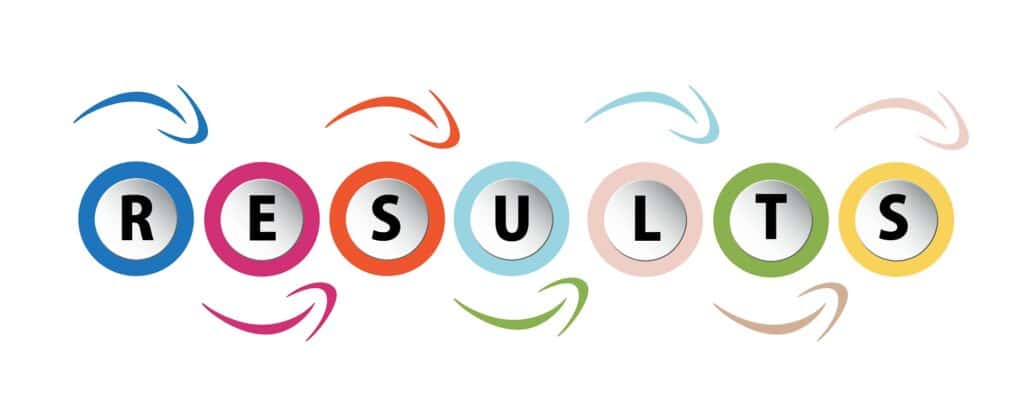The US prison industry is a massive business that needs to plan ahead in the medium and long term. To know how many prisons, of what size, located where, with what facilities, requires something of a crystal ball; after all, demographics, the economy, politics, and so on, all play into incarceration rates.

Or so you would think.
Writer Neil Gaiman (2016) has written how it seems the best predictions used by the prison industry are centered on what percentage of ten- and eleven-year-olds can’t read, especially read for pleasure. It seems that this single, crass measure is very highly correlated with criminal activity years later. This striking fact points us to the value of literature and reading in a world full of pragmatism, short-term returns and the shock approach of much of modern media.
Gaiman writers Books are the way that we communicate with the dead. The way that we learn lessons from those who are no longer with us, that humanity has built on itself, progressed, made knowledge incremental rather than something that has to be relearned, over and over. He’s talking about fiction, not encyclopedias; and so he’s not talking about facts (which are readily available these days) – he’s talking about the much harder-won, ineffable qualities of wisdom, empathy and the ability to see multiple perspectives. Now if we had a multi-million dollar hi-tech new brain device that allowed us to teach these things, it would rightly be hailed as an incredible breakthrough – but we do have this, have had this for hundreds of years, in the form of literature. It’s so common we sometimes forget about it.
Stephen Pinker has described fiction as ‘empathy technology’ and argues that literature makes society as a whole more empathetic; indeed that the rise of fiction has been a contributory factor to recent worldwide overall drops in societal violence (despite impressions to the contrary). In this sense there is a very tight link with what Karl Popper (1977) said about science – that we use it to let our theories die in our place. The point is that we learn some of the most important things we can – by being able to imagine ourselves in situations without ever having to actually go through them; when we can examine them from a distance, without the intense and potentially dangerous emotions that would arise when we are close up. Literature gives us the space.
This idea resonates so closely with my professional and personal experiences that I do not believe it is naïve to say that students who really understand Romeo and Juliet are less likely to join gangs; or that those who take to heart To Kill a Mockingbird or Brokeback Mountain come away more committed to quality. The ideas in the novels stick with us long after the details of the novel have faded; they become part of our identity. The developing trend I detect in some places, of seeing literature as increasingly marginal to ‘more practical’ subjects like sciences, is therefore one to lament and to fight against. It is against everything I believe in as an educator and parent. We instead need to continue to intentionally create spaces for reading, to celebrate readers, to celebrate ideas. The alternative is frightening.

The prompt for my thinking here was the shocking prison story; but I do need to be careful. A correlation between illiteracy and incarceration does not prove cause; it could be that underlying poverty or (more likely) inequality drives both. Further investigation would be welcome. But writing as a Principal in a school whose Mission talks about Peace, it’s a reminder that fiction is not just another element of our curriculum; fiction is a vehicle to foster in our students qualities that lead to empathy, sympathy and ultimately, we hope, to a more peaceful world.
References
- Gaiman, N. (2016 ) The view from the cheap seats; New York: William Morrow
- Pinker, S (2012) The Better Angels of Our Nature: New York: Penguin
- Popper, K (1977) Natural Selection and the Emergence of Mind (speech at Darwin College, Cambridge)


